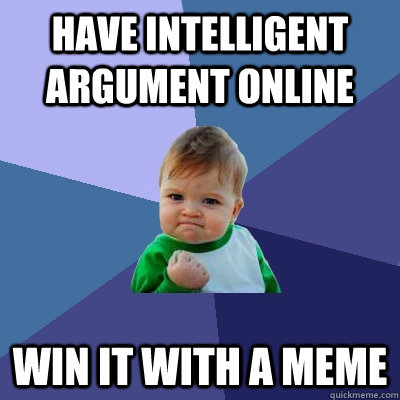Has anyone here read Neil Postman's work 'Amusing Ourselves to Death'? The general argument of the work is that the transition from the printed word to television as the main medium of cultural discourse has had a detrimental effect on the quality of said discourse.
Essentially nuance and complexity do not translate well on a medium that is primarily visual. Consequently the discourse becomes centred upon image rather than substantive argument. As a result we have suffered a technologically induced cultural ADHD and the implication is that the way society thus conducts itself has become more basic and ever increasingly irrational.
To see this, when one reads a text written for a general audience before the television era one will notice that the complexity of the style is generally far more advanced than a text written today. In effect, the standards have plummeted. Observe the general level of the presidential addresses before the television era and compare them to those of the post-television presidents.
The state of our union is … dumber: how linguistic standards have declined in the president's address
What do you think? Has our technological advancement actually diminished our collective, cultural attention span thus diminishing our ability for quality cultural discourse?
Essentially nuance and complexity do not translate well on a medium that is primarily visual. Consequently the discourse becomes centred upon image rather than substantive argument. As a result we have suffered a technologically induced cultural ADHD and the implication is that the way society thus conducts itself has become more basic and ever increasingly irrational.
To see this, when one reads a text written for a general audience before the television era one will notice that the complexity of the style is generally far more advanced than a text written today. In effect, the standards have plummeted. Observe the general level of the presidential addresses before the television era and compare them to those of the post-television presidents.
The state of our union is … dumber: how linguistic standards have declined in the president's address
What do you think? Has our technological advancement actually diminished our collective, cultural attention span thus diminishing our ability for quality cultural discourse?
Last edited:

